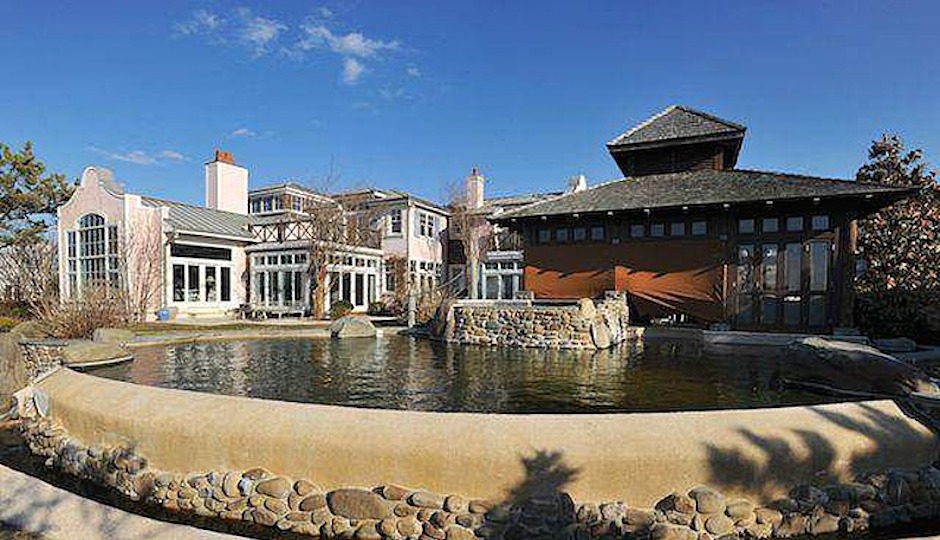High-End Shore Market Unlikely to Be Hurt By Casino Closures

Photo of 514 N. Thurlow Avenue in Margate, a home for sale for $8.5 million. Copyright SJSRMLS.
The legalization of gambling across the Northeast has hit Atlantic City hard: The latest victim, Trump Entertainment Resorts confirmed this weekend, is Trump Plaza, which is scheduled to close on September 16.
But it’s not all gloom and doom. Real estate experts we contacted said that while the rental market may be hit hard by the job losses — particularly in nearby inland towns like Pleasantville — the closures are much less likely to have a significant impact on the higher income ownership market in towns like Ventnor and Margate.
Economist Joel Naroff, president of Naroff Economic Advisors, said that wealthier people who buy Shore homes will still have easy access to the amenities that drive much of the Shore’s appeal. After all, there will still be the beaches, boardwalks, restaurants, and concerts. And there will still be gambling. Even after the closures, Atlantic City will still have several casinos. “If Atlantic City becomes a vast wasteland, it becomes a different story,” Naroff says. “But that’s not the outlook.”
The casino market isn’t collapsing, he notes, it’s “rationalizing” — adjusting to a world in which casinos operate throughout the Northeast, not just in one Shore city. The remaining Atlantic City casinos, he suggested, could actually be strengthened by the closures.
Tourism officials at the Atlantic City Alliance see things the same way: as a readjustment driven by new gaming capacity that outstrips demand. And casino closures also mean the opportunity to repurpose old buildings, as with the Claridge Hotel.
Gigi Rosenberger, a broker at Marketplace Realty in Margate, is also sanguine. “We never slow down,” she says of the higher-income real estate market. “There are so many people out there with a lot of money.”
As for those who work at the casinos, however, Rosenberger is a bit more apprehensive. “I’m worried about the people keeping their homes.”


